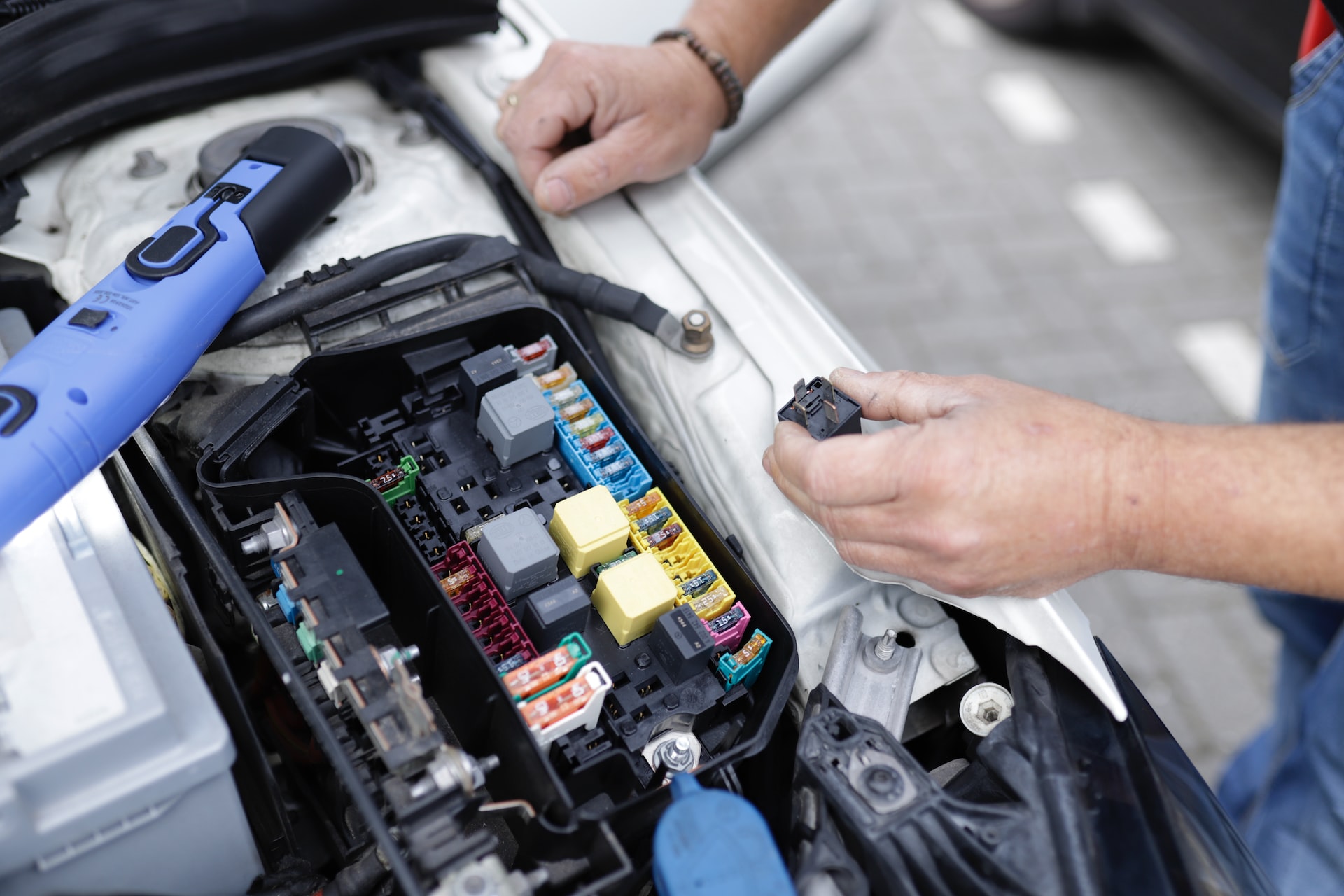If you’re planning to buy a used car soon, you want reassurance that you’re getting the best deal. Beyond the purchase price and mileage, it’s equally important to be aware of the vehicle’s history to make an informed decision. Read on to learn more about vehicle history reports, what they include and where to find one for the vehicle you’re considering.
What is a Vehicle History Report?
As the name implies, a vehicle history report is a culmination of service records and events that have taken place over the lifetime of the car or truck. You can use this collection to gain more insight into the ownership history of the vehicle if it’s been involved in accidents, the accuracy of the mileage reading and the service history.
What Information Can You Find on a Vehicle History Report?
Full vehicle history reports contain the following information:
- Accident history, including if it was involved in a major accident that resulted in airbag deployment, structural damage, or it being declared as a total loss
- Vehicle service history, like weather-related damage, including hail damage or flooding
- Mileage information, like the last mileage figure reported and the estimated number of miles it was driven annually, mileage rollovers and mileage rollbacks
- Ownership information, including if the vehicle has had several previous owners or if it was used solely by individuals, as a rental, lease or by law enforcement and the duration of ownership
- The status of the title and if it’s been salvaged or junked
- Open warranties and recall information on the vehicle
What Information Isn’t on Your Vehicle History Report?
Unfortunately, not all occurrences are included in vehicle history reports. It depends on the date that the last entry was reported. So, there’s a chance the vehicle will be serviced or involved in an accident after the last reporting date, and you won’t be aware of it before purchasing the vehicle. You also won’t find wear and tear data on the vehicle history report.
When Do You Need a Vehicle History Report?
The following scenarios warrant the need to retrieve a vehicle history report:
- You’re considering a used car and want to ensure there aren’t any significant hidden issues before making the purchase.
- You’re selling your car soon and want to provide a vehicle history report for review to potential buyers.
Where Can You Check Your Vehicle History Report?
There are several ways to retrieve a vehicle history report for a vehicle you’re considering.
Signing Up for Experian
Experian, the largest credit reporting agency in the world, offers the Auto Garage feature that lets you add the make and model of your car(s) and view:
- Potential auto insurance savings: View quotes from more than 40 reputable insurance providers.
- Loan information: View your loan balance, monthly payment, estimated APR, loan term and remaining interest balance, along with refinance offers to help you save money.
- Vehicle value data: Get an instant cash offer for your vehicle in minutes.
- Vehicle history: View your detailed vehicle history report, courtesy of AutoCheck.
- Open recalls: This section of the dashboard displays any open recalls.
Visit Experian.com today to learn more about its products or get your free credit score. You can also register for a free account that includes Experian credit report monitoring, monthly Experian credit report and FICO Score updates, and FICO Score alerts.
National Insurance Crime Bureau
Use the National Insurance Crime Bureau’s (NCIB) VINCheck Lookup tool to learn if a vehicle has a salvage title or has been declared a total loss or stolen. You get five free checks per IP address in a 24-hour window.
VehicleHistory
VehicleHistory.com is another platform that also provides a free VIN check service that is a bit more thorough. On the website, you’ll find information regarding recalls, manufacturer warranties, selling history and pricing data.
iSeeCars
You can also use iSeeCars to conduct a background check based on the car’s vehicle identification number (VIN). In addition, it features information on pricing, market values, depreciation, accident history and ideal times to purchase or sell the particular vehicle.







